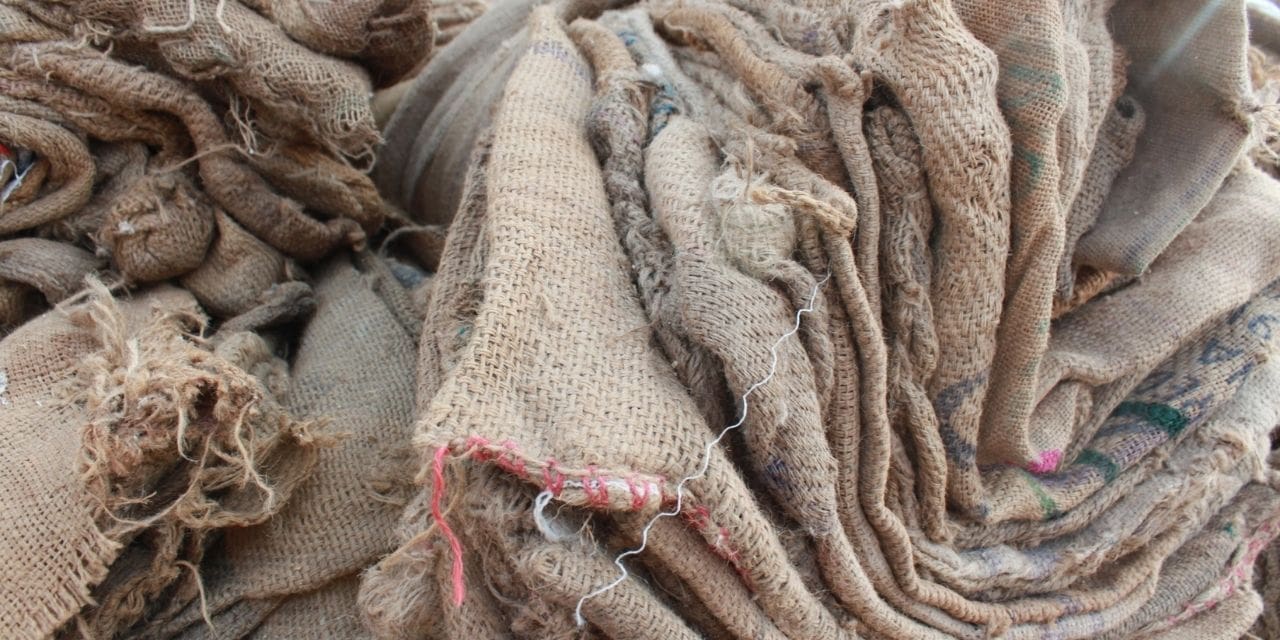The rising supply of jute and jute goods from Bangladesh has come to a halt due to the increased raw fibre prices and historically high freight charges. Jute millers earned $212 million in exports in the first quarter of the financial year, a 31% decrease year on year, according to data from the Export Promotion Bureau (EPB). “We’re quite depressed. Sellers are not making new orders until they are absolutely necessary “Chairman of the Bangladesh Jute Mills Association Mohammad Mahbubur Rahman Patwari (BJMA).In the last year, raw jute prices in the domestic market have remained elevated, while container freight costs have increased nearly tenfold to $18,000-$19,000 due to the global shipping problem. The latest setback for the business comes only months after export revenues from jute and jute items reached $1.16 billion in fiscal year 2020-21, the most on record, due to higher raw jute prices and greater demand. Buyers, according to millers, are cutting orders against the backdrop of spiralling natural fibre costs, which hit a historic high of more than Tk 5,000 per maund in February this year due to increasing export growth and a reduction in agricultural production in the previous year.Furthermore, rising container freight charges exacerbated the issue for jute mills, which manufacture yarn, twine, bags, sacks, and other jute items for primarily export industries. Farmers in Bangladesh have grown over 80 lakh bales of jute per year during the last five years, thanks to favourable weather conditions. The fibre is mostly used in the industrial sector. The market has received a fresh harvest of raw jute, however the raw jute is selling for Tk 2,500-Tk 3,100 per maund. According to Patwari, prices remain high, and foreign purchasers are shifting to substitutes to jute goods. Jute yarn accounts for about two of jute and jute goods export revenues. The yarn is utilised in carpets, and carpet manufacturers in Turkey are the primary buyers of yarn manufactured in Bangladesh. “However, many consumers are utilising recycled cotton for carpets,” Patwari pointed out. According to the EPB, yarn and twine manufacturers were the hardest hit, with export receipts falling 40% year on year to $127 million from July to September. “A lot of jute mills have stopped production,” Patwari explained. According to Patwari, the scenario may recover by November or December.
Fibres and Yarns | News & Insights
Jute exports are falling owing to excessive freight costs

Published: October 18, 2021
Author: Manali bhanushali
Related Posts
